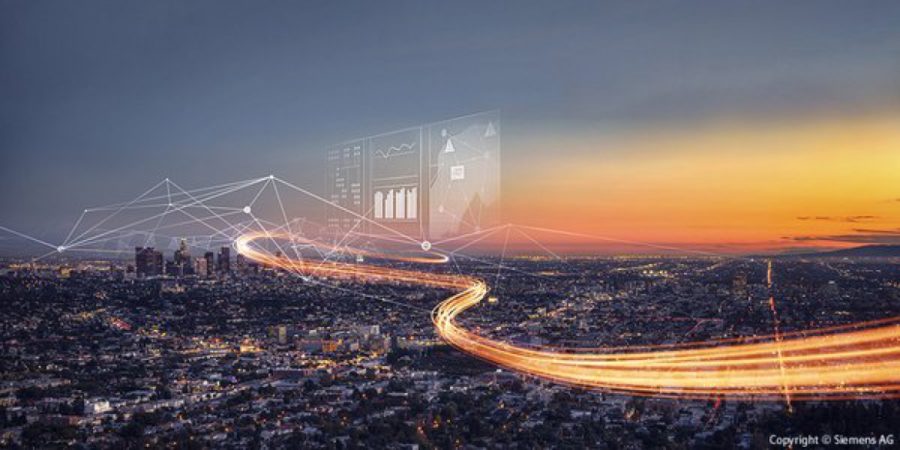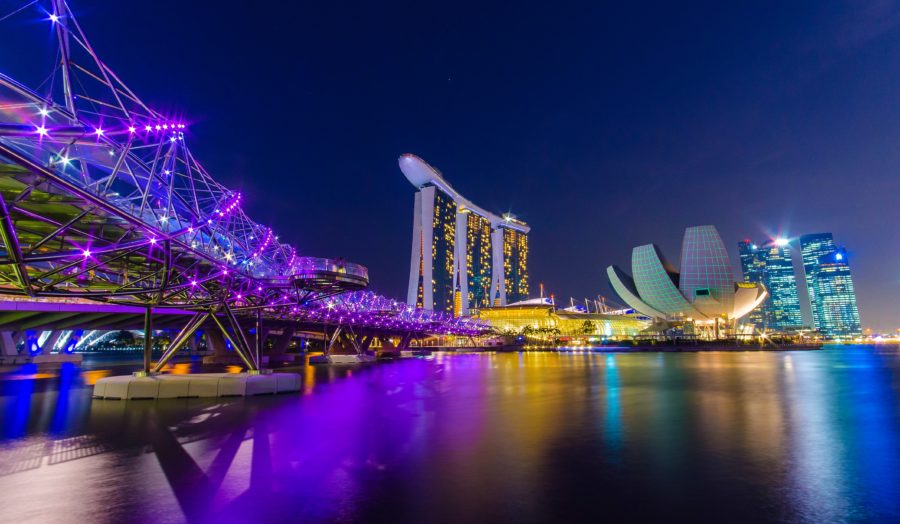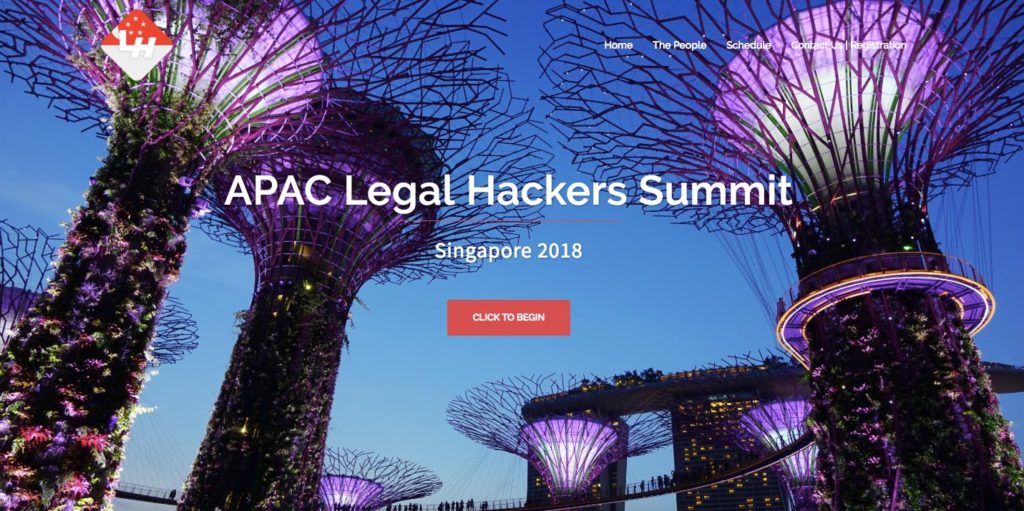Written by Cai Xiaohan, Tristan Koh, Utsav Rakshit | Edited by Josh Lee Kok Thong
In October 2018, LawTech.Asia published the first-ever detailed outline of the legal technology sector in Singapore. It was the result of a months-long project to map out the root, state and outlook of the legal technology sector in Singapore, and furthers LawTech.Asia’s fundamental purpose of improving awareness, knowledge and interest in legal technology. The article was imagined as a “living document” that will continue to be updated as more news comes to the fore.
Much has happened in the legal tech scene in Singapore since then. To encapsulate these developments, LawTech.Asia is proud to present the second edition of “Legal Technology in Singapore”.
Our first edition had argued that Singapore is currently in the midst of a “legal tech revolution”, which began sometime in 2015 and which was spearheaded by the government in Singapore. The past year has seen the government invest even more resources into new initiatives to support legal tech adoption, and this edition of our article has been updated to include the following new developments:
- Recent statements by the Judiciary on legal tech in Singapore;
- New assistance schemes to support the adoption of technology in Singapore, such as:
- Asia’s first legal tech accelerator, GLIDE by FLIP;
- Tech-celerate for Law by the Law Society of Singapore, which will fund legal tech adoption by law firms;
- Advancement of legal tech in the State Courts;
- The establishment of the SmartLaw Guild;
- The new creation of legal tech office-holders in public sector institutions; and
- The development of tech-related curricula in local law schools.
In this second edition, we also posit that the Singapore legal tech revolution has entered into a new phase: new ground-up initiatives in the legal profession to support legal tech adoption. We suggest that more law firms, law students, and legal tech solution providers have started their own initiatives to encourage legal tech adoption. This new edition of our article covers, in particular, the law firms which have championed legal tech adoption by being early adopters, producing their own technology, or launching their own legal tech incubators / accelerators.
In our first edition of the article, we had also outlined three forces influencing the development of Singapore’s legal tech revolution: the liberalisation and internationalisation of Singapore’s legal industry; the increasing sophistication of clients; and increasing technological capability. In this second edition, we introduce a fourth influence: the progressive changes in Singapore substantive laws. We argue that, as Singapore’s lawmakers introduce progressive laws which encourage, rather than inhibit, legal tech growth, this would also shape the course of the legal tech revolution for the better. Laws discussed include the passing of the Payment Services Act 2019 as well as the proposed amendments to the Electronic Transactions Act.
To access the updated version of the article, “Legal Technology in Singapore”, click here!
As before, the authors wish to express thanks for the innumerable sources of information available online, without which this project would not have been possible. Any mistakes herein remain the authors’ own.





